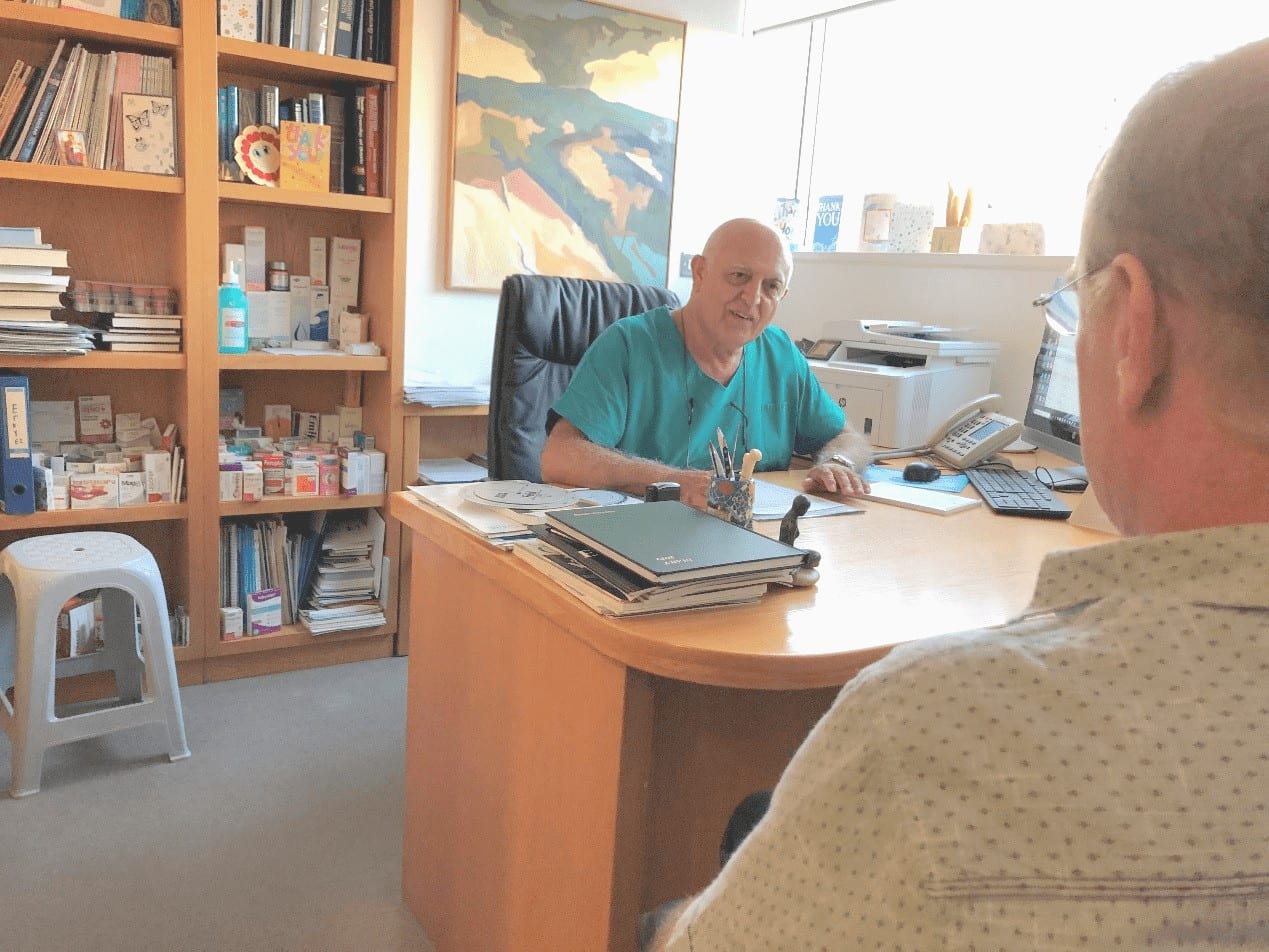A 5-minute interview with Professor Gabriel Kalakoutis | On the occasion of the World Contraception Day
26 September 2019
by George Sycallides
Professor Kalakoutis, September 26 is designated as World Contraception Day, devoted to raising awareness of contraception and improving education about sexual and reproductive health.
Indeed, the aim is to raise public awareness about birth control and how to prevent unwanted pregnancies, but also how to protect yourself from Sexually Transmitted Infections (STIs). The aim is, through education, to encourage young people to learn about the contraception methods available and to decide which of these methods are most suitable to their needs.
Nowadays there is a plethora of contraceptive methods available to consumers. Can you expand on the different methods?
We can separate contraceptive methods in three main categories: the short-acting, the long-acting and the permanent methods.
The short-acting methods, as the name implies, are used at short-time intervals, from single use – like the condom, daily intake – like the pill, to up to 3-monthly application – like injectable contraceptives. These methods are effective and safe, but you need to think and remember to use or take them regularly or each time you have sex.
On the other hand, the long-term and permanent methods are highly safe and effective for limiting pregnancy and do not depend on remembering to take or use them to be effective. The difference between long-term and permanent methods, though, is that long-term methods, like hormonal implants, are reversible, meaning that once you stop using them pregnancy can occur; whereas the permanent method, which involves sterilization, takes away the body’s ability to reproduce.
All the above methods are of two types: either hormonal or barrier.
Hormonal methods use synthetic female hormones which stop ovulation (releasing the egg) and thicken the cervical mucus to keep the sperm from reaching the egg.
Barrier methods stop sperm from meeting and fertilising the egg.
Short-acting methods include the pill, contraceptive patch, ring, and injection, male and female condom, diaphragm, cervical cap, and spermicide.
Long-acting methods include the intrauterine system and device, and hormonal implant. Permanent methods are the ones mentioned above: female and male sterilization.
Other methods that do not fall under the above categories and are not as effective include emergency contraceptives (the morning after pill), the pull-out method before ejaculation and the fertility awareness (to have sex only during the non-fertile days of the menstrual cycle).
Professor Kalakoutis, it would be beneficial to know the advantages and disadvantages of each method. But within a 5-minute interview this is impossible. Can you recommend a website to our readers to refer to?
There are hundreds of sources on the Internet about contraception. I find https://www.your-life.com/ very practical and easy to understand.
Sexually transmitted infections afflict a large number of the sexually active population, especially young people. Which of the above methods will prevent people from contracting STIs?
Clearly, the male and female condoms. They act as barriers to keep blood, semen, or vaginal fluids from passing from one person to the other during intercourse. Male condoms are available everywhere, are easy to use and cheap to buy. I advise everyone, especially young people, to use them at all times.
How about female condoms? They are not available?
Unfortunately, due the small population of Cyprus and its small market, very few contraceptive methods are available in Cyprus. These are the pill, the male condom, the contraceptive injection, the intrauterine device and system (coils), emergency contraception and sterilization. So far the General Healthcare System (Γεσυ) does not cover any of the methods mentioned. People living in Cyprus have to visit private clinics and pay for some of the contraception methods offered.
In closing, how responsible are Cypriots when it comes to the prevention of unwanted pregnancy and STIs?
Cypriots have come a long way in preventing unwanted pregnancies and STIs. Twenty to thirty years ago, Cypriots used abortion as a form of contraception. These days they are more aware and educated about the different forms of contraception and the prevention of STIs. I should mention here the involvement of our medical students in the effort of educating the young people of Cyprus about contraception. On an annual basis, medical students participate in mobile clinic expeditions and visit several private and public high schools where through interactive presentations they talk about contraception and how to prevent pregnancies and STIs.
In my experience, I have noticed that when people are well informed they behave responsibly about safe sex.
Dr Kalakoutis, thank you for your time.


